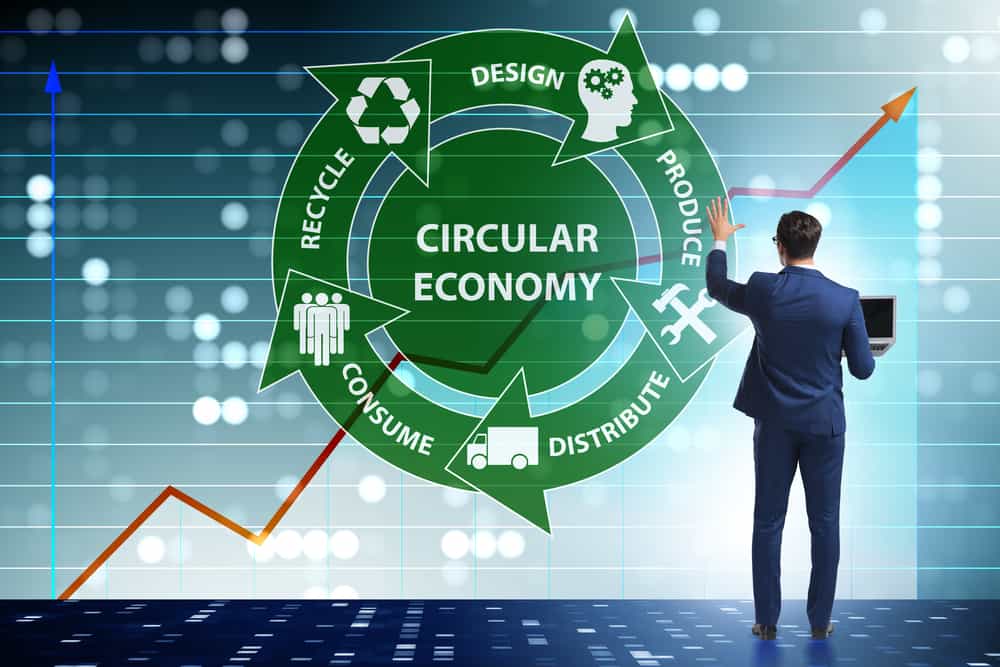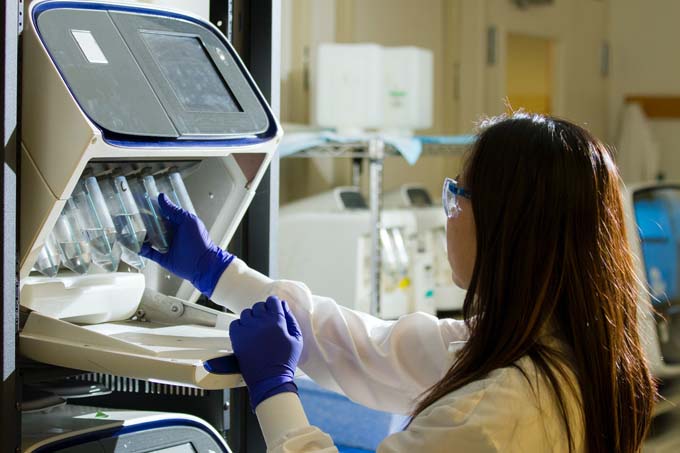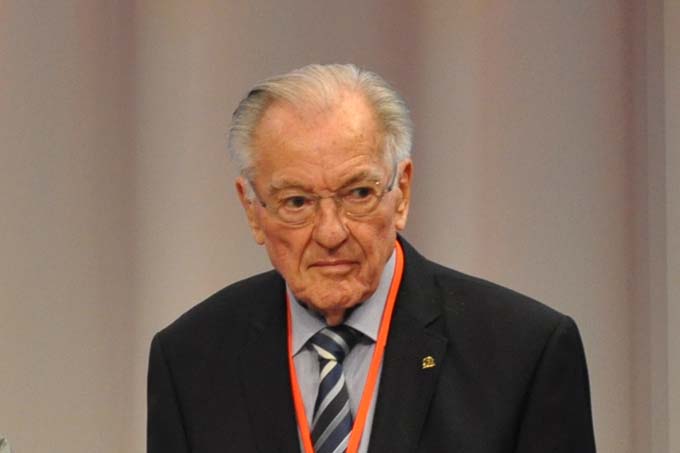Go-ahead for the Circular Economy standardization roadmap
Together with the Federal Environment Ministry (BMU), the German Institute for Standardization (DIN) and other organizations have started work on the Circular Economy Standardization Roadmap. The focus is on seven priority topics.

The standardization roadmap is intended to provide an overview of the status quo of standardization in the field of the circular economy, to describe requirements and challenges for seven key topics, and to identify and formulate the concrete need for action for future standards. This is stated in the recently published press release of the BMU and DIN as well as other involved parties.
For example, no requirements for plastic recyclates for the manufacture of new products have yet been defined in norms and standards. Such requirements could lead to greater use of recyclates, it is said. The standardization roadmap is intended to identify and close these gaps in order to move more strongly towards a circular economy. To this end, the German Institute for Standardization invites (DIN), which DKE (German Commission for Electrical, Electronic & Information Technologies in DIN and VDE) and the Association of German Engineers (VDI) invites all interested experts from the Circular Economy to contribute their ideas and needs and thus actively accompany the path to a Circular Economy.
Identify standardization needs strategically
Federal Environment Minister Svenja Schulze: "Anyone who takes the idea of the circular economy seriously must look at the entire life cycle of products - from product design and recyclability to the use of recycled materials. Norms and standards that are securely and comprehensibly adhered to play a major role in this. If all those involved along the value chain can rely on such standards, they will be better able to close loops and thus protect the climate and the environment." Christoph Winterhalter, Chairman of DIN's Executive Board: "With the Standardization Roadmap, we will strategically identify future standardization needs and formulate concrete recommendations for action in the field of technical rulemaking. This is an important step in driving forward the green transformation of Germany and Europe."
Michael Teigeler, DKE Managing Director, emphasizes the benefits of standardization: "Norms and standards ensure clear communication between the various market players in the cycle and thus make a smooth cycle possible in the first place. In addition, they promote broad social acceptance of circular products and increase the associated economic efficiency."
Seven key topics
The Circular Economy standardization roadmap focuses on seven key topics:
- Electrical engineering and ICT
- Batteries
- Packaging
- Plastics
- Textiles
- Buildings and municipalities
- Digitalization/Business Models/Management
These are based on the focus topics of the Circular Economy Action Plan of the EU.
"To develop the roadmap, we are bringing together representatives from business, science, the public sector and civil society. We would therefore like to invite experts from the Circular Economy to participate in the seven working groups from January 2022 and to put forward their ideas for discussion," explains Dr.-Ing. Hans-Jürgen Schäfer, Managing Director of the VDI Society Materials Engineering. At a kick-off event on October 21, 2021, DIN, DKE and VDI will present the project and the selected key topics in more detail and answer questions about participation. Interested experts can register as of now on the collaboration platform DIN.ONE register and are thus regularly provided with information on the project. The publication of the Circular Economy Standardization Roadmap is scheduled for December 2022, according to the press release.
Source: BMU, DIN, DKE and VDI
Coordination
The Circular Economy Advisory Board of DIN and DKE in the Environmental Protection Coordination Office (KU) coordinates the work on the standardization roadmap. It includes leading figures and experts from industry associations, civil society organizations, science and research institutions, and the public sector. Chairman of the Advisory Council is Dr. Helge Wendenburg, Ministerial Director, formerly of the Federal Ministry for the Environment, Nature Conservation and Nuclear Safety. The vice-chairmen are Dr. Anna Braune, Head of R&D, German Sustainable Building Council DGNB e. V. and Dr. Jens Giegerich, Manager Technical Regulatory Affairs, Vorwerk Elektrowerke GmbH & Co. KG.
Other topics:
Starting signal for "Circular Globe" label
How the CH economy can better implement the circular economy









